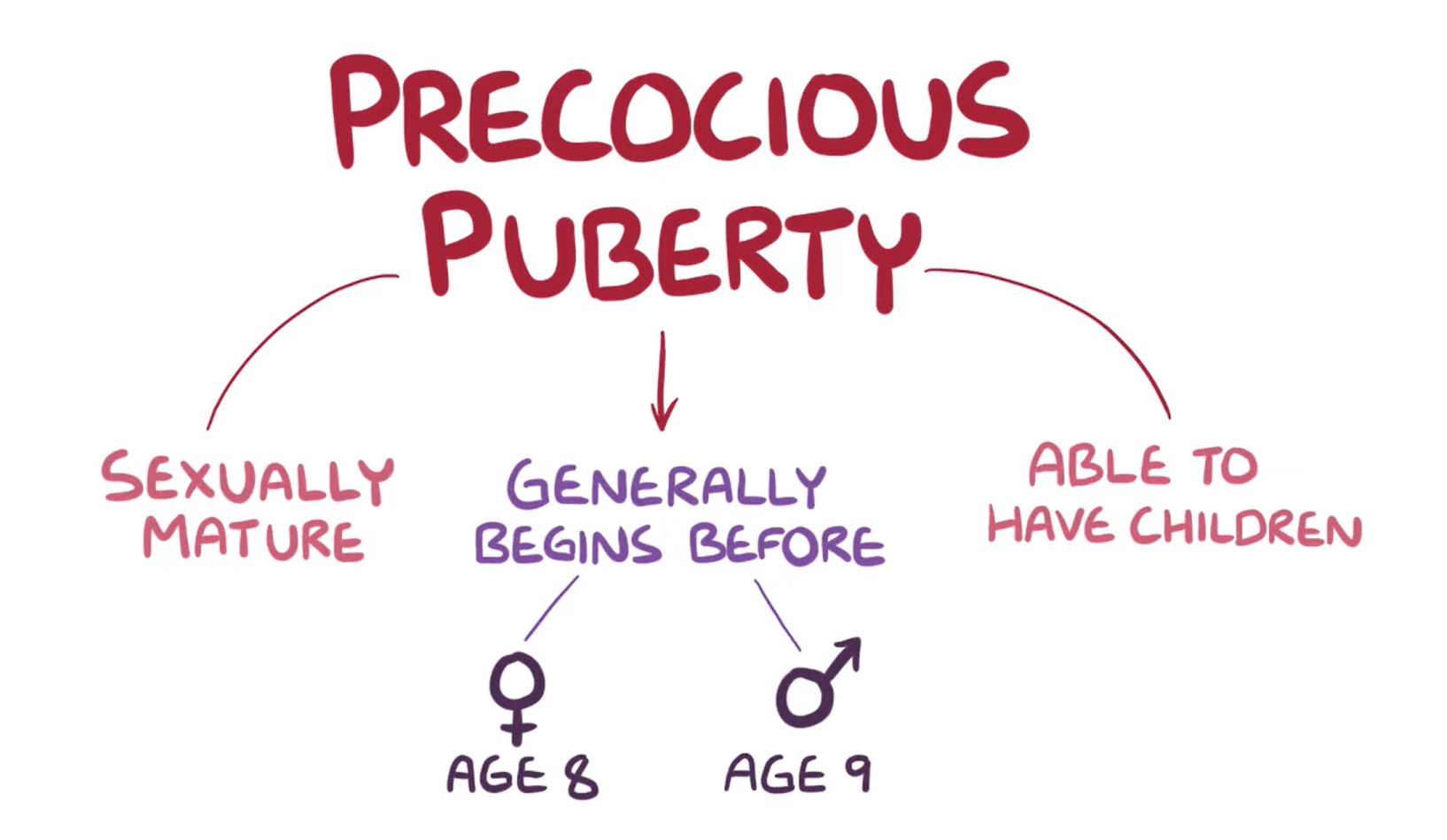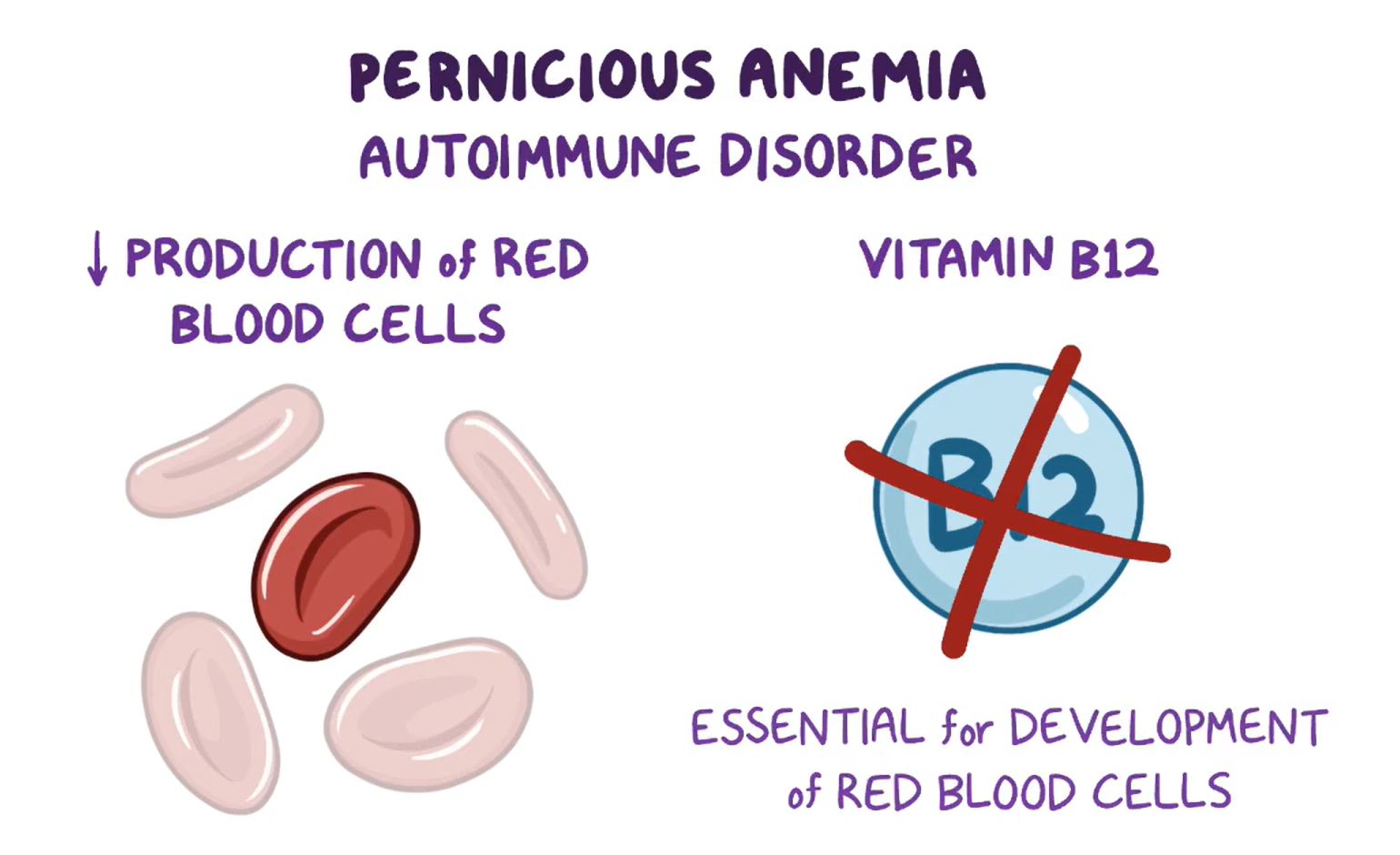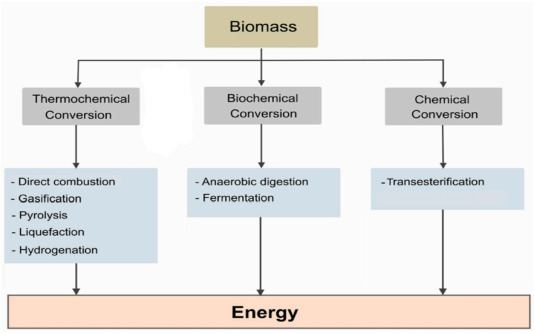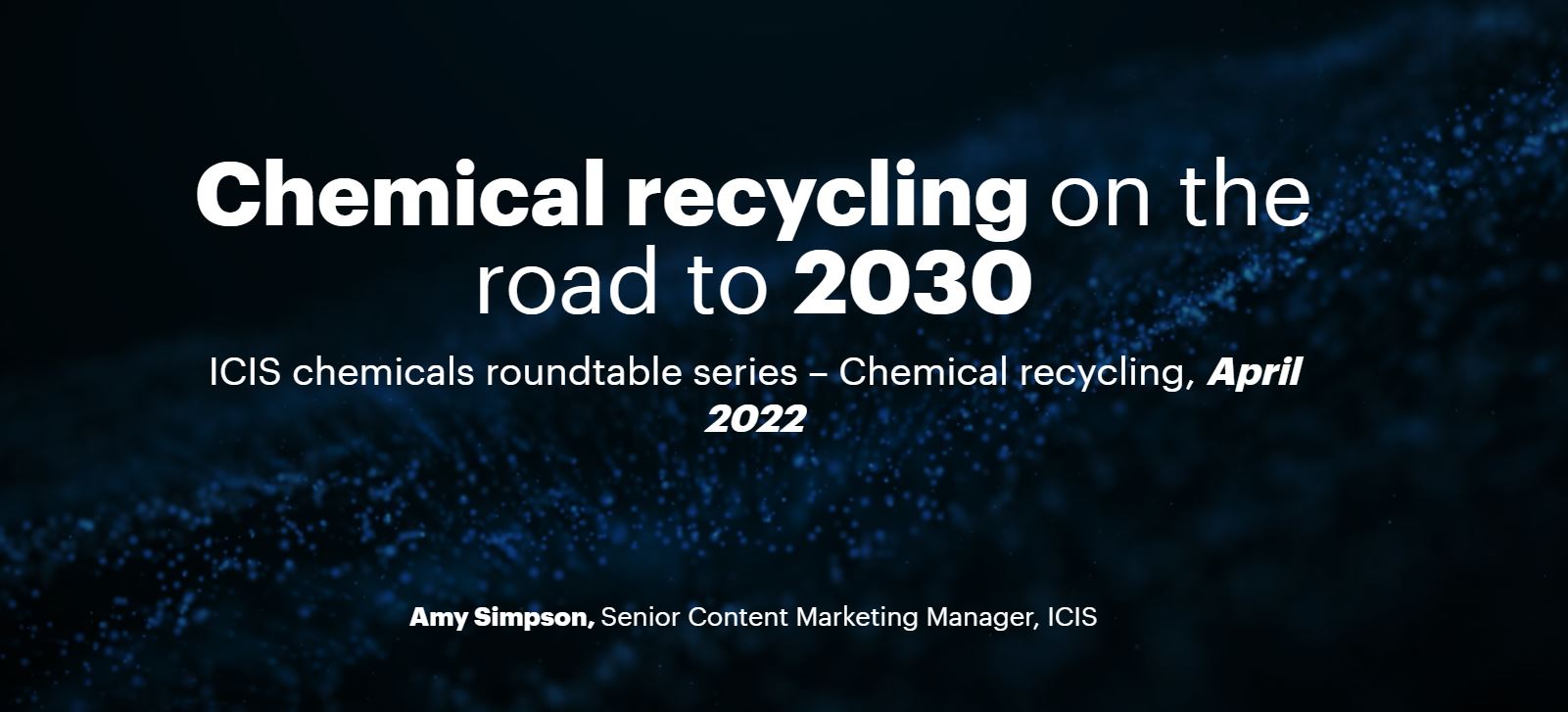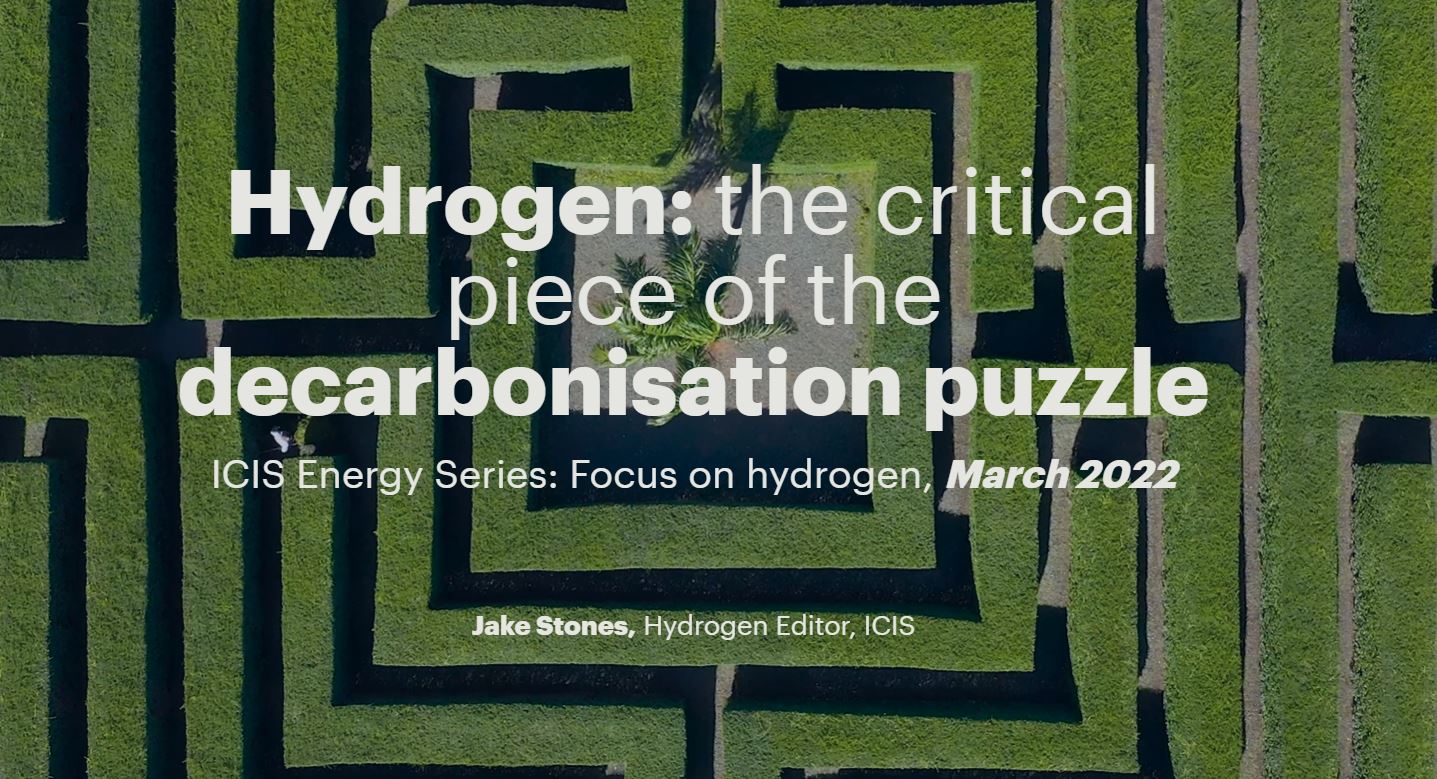This article related to SDG 3. This resource, created together by Osmosis and the National Organization for Rare Diseases (NORD), aims to increase the knowledge and awareness about precocious puberty, a condition that causes children to start puberty early, affecting one in five thousand children.
This article relates to SDG 3. This resource, created together by Osmosis and the National Organization for Rare Diseases (NORD), aims to increase the knowledge and awareness about pernicious anemia, a disease in which the body produces auto-antibodies against a stomach protein called Intrinsic Factor, causing B12 deficiency that cannot be resolved efficiently through oral intake.
This falls along the themes of financial burden for cancer patients and discusses innovations and strategies for health care providers.
An investigation supporting SDGs 7 and 13, based in Ghana, into the possibility of using slaughterhouse wastes as a source of renewable energy through biogas technology. The researchers concluded that 'Ghana generates significant amount of slaughterhouse waste each year that can be processed using AD [anaerobic digestion] for energy and electricity production to supplement the country's electricity needs, while reducing GHG emissions'.
ICIS, a RELX business, analyses the complex problem plastics, recycling, and disposal, relating to SDG 12, Sustainable Consumption and Production. They believe the solution is likely to involve improving recycling infrastructures; designing new, more sustainable plastics; designing products with an end-of-life plan; finding new ways to degrade plastics – such as plastic-eating mealworms and microbes; and diversifying the raw materials that make plastics to plant-based alternatives.
This Article supports SDGs 3 and 13 by estimating how global income inequality might have to be reduced in order to ensure both decent living standards and reductions in global energy use for planetary health.
This Viewpoint supports SDGs 3 and 16 by by exploring decolonising interventions in planetary health. The authors highlight intercultural thinking in order to promote anticolonial, antiracist approaches to climate change and health inequities.
ICIS, a RELX business, analyses the chemical recycling process and its potential as a long term recycling solution, relating to SDG 12, Responsible Consumption and Production. So far, there have been many challenges facing chemical recycling adoption that are explained in this article, however, longer term there is some certainty that chemical recycling can be complimentary to mechanical recycling overall.
This article ties to SDG 3. This study aimed to synthesize the literature on evaluations of psychosocial support interventions for populations affected by forced displacement.
ICIS, a RELX business, argues that because of unpredictable weather and environmental conditions, industry cannot run alone on electricity. Hydrogen could answer these problems and more, as it offers all the benefits of natural gas, like flexible power generation and ease of storage, but when burned it emits zero carbon. This article relates to SDG 7, Affordable and Clean Energy.
